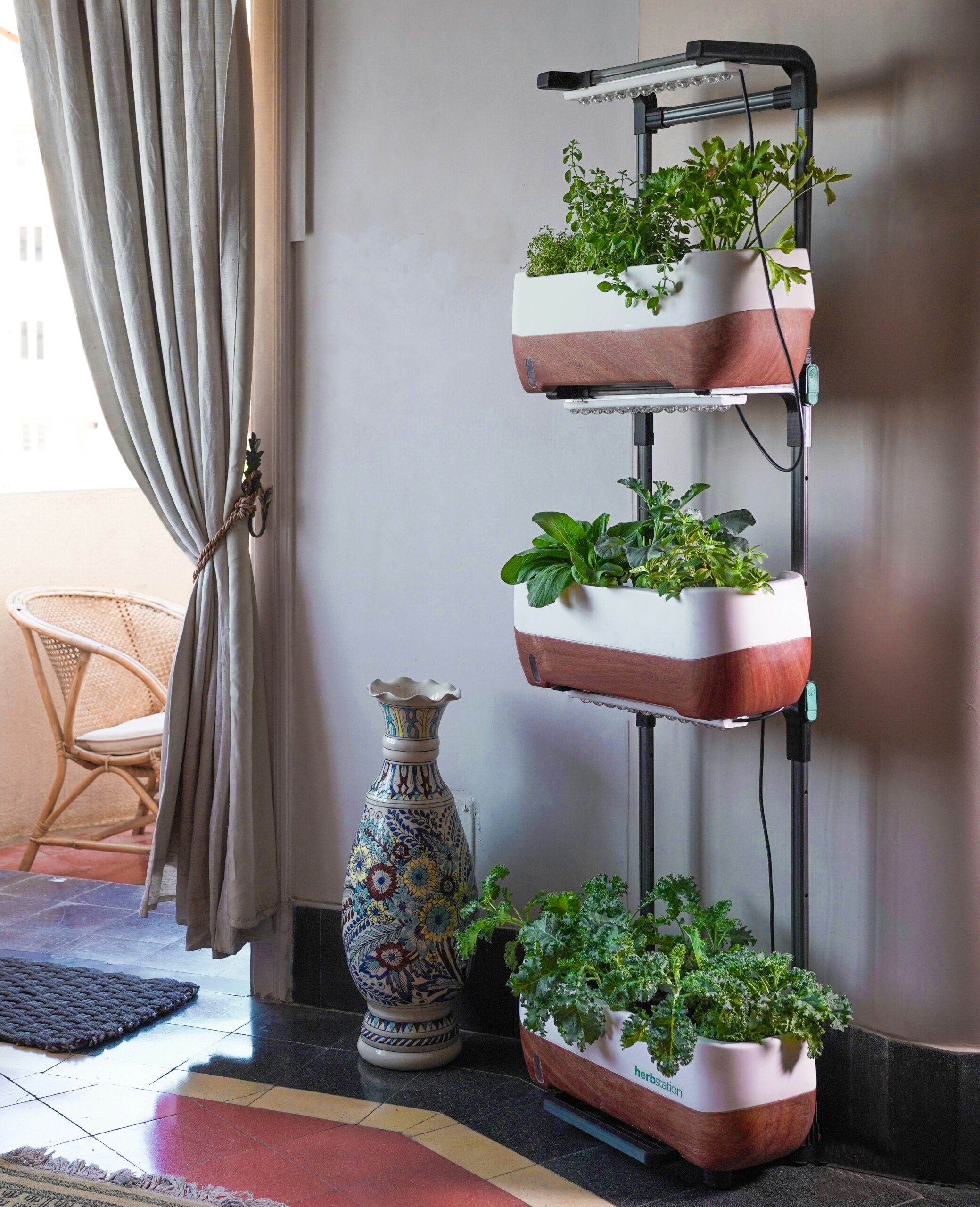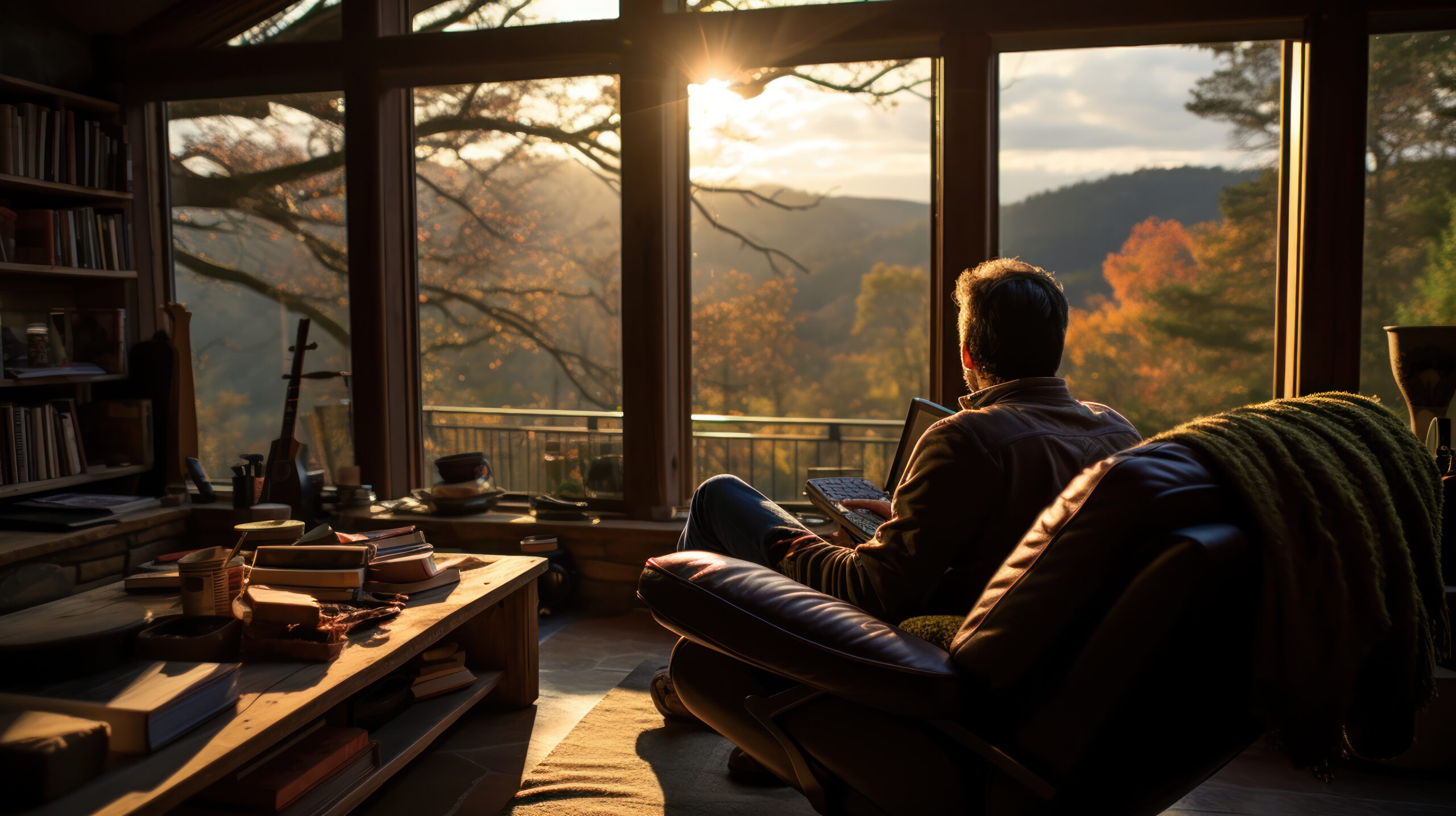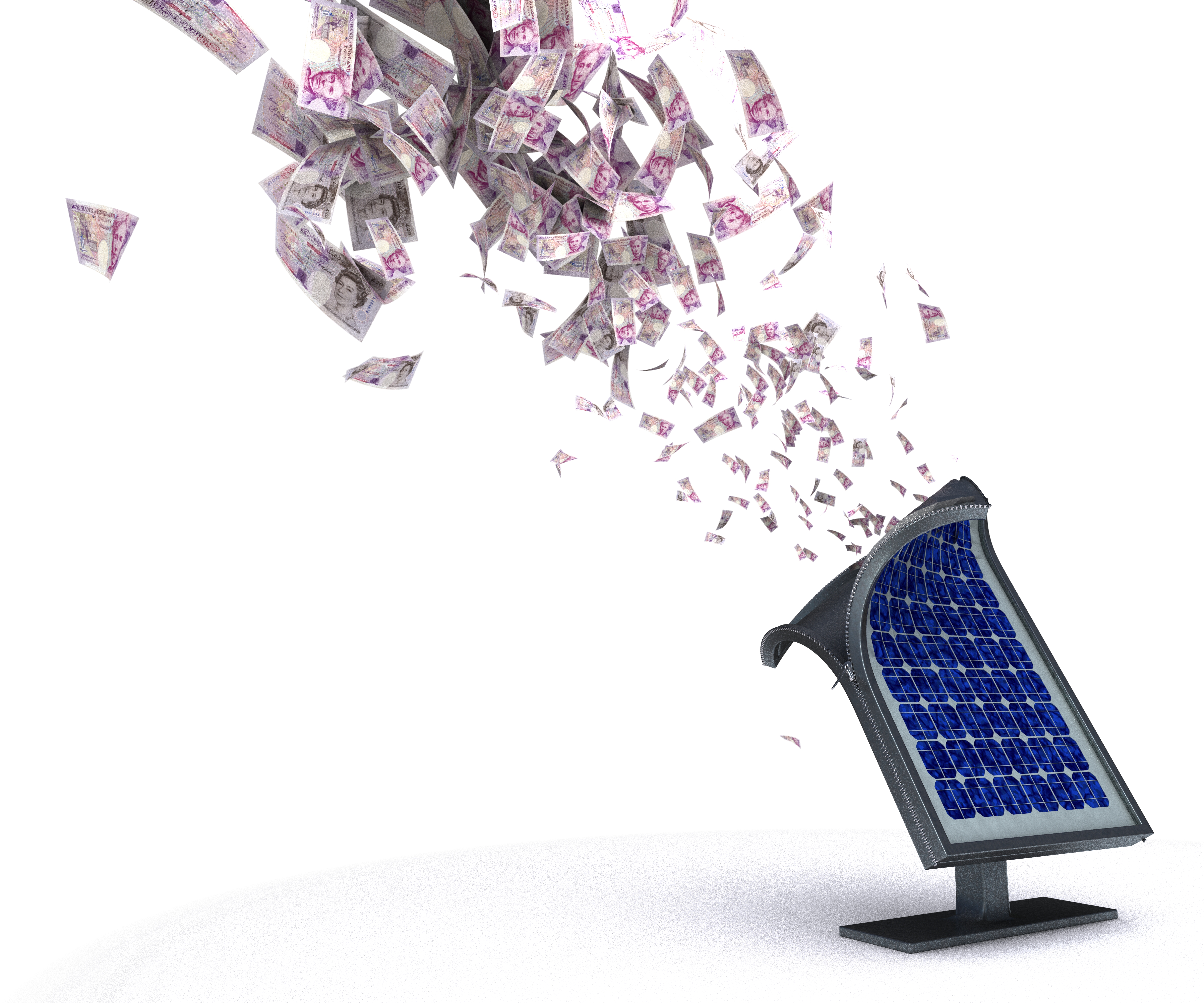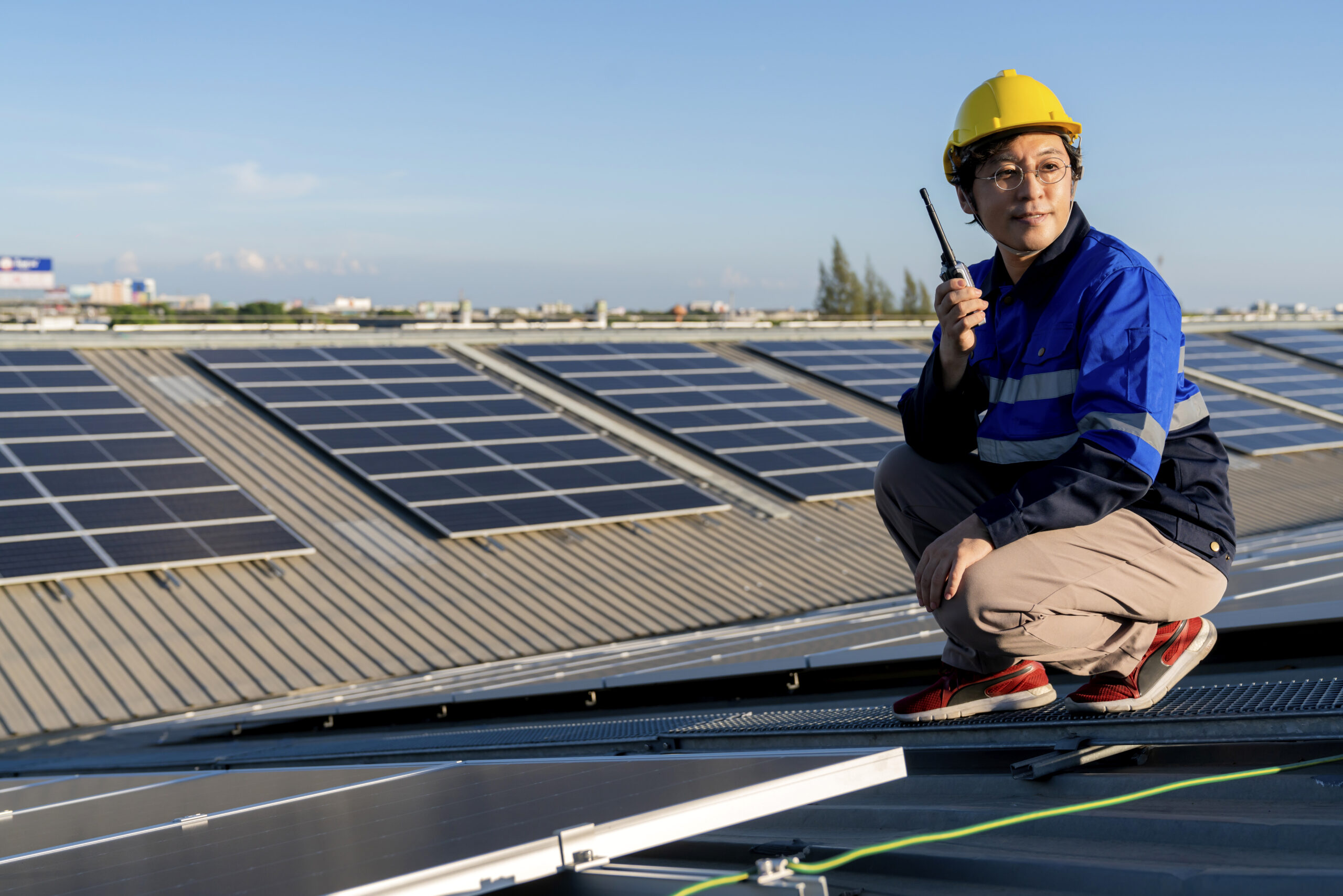Best Off Grid Solutions for Your Home
Living with almost zero basic expenses is something achiavable thanks to off grid solutions.
When you think about financial freedom and getting out of the rat race, it’s normally associated with saving enough money to cover your expenses.
What if you could drastically reduce those expenses instead?

By adapting your home with solar panels, rainwater collectors, and vertical gardens, you can significantly cut your three major costs: electricity, water, and groceries.
By reducing your living costs, you can reach your financial goals faster, spending less time in the rat race and more time enjoying life.
What Does It Mean to Go Off the Grid?

Living off the grid means being independent of public utilities like electricity, water, and sewer services.
Instead, you generate your own electricity, collect and purify your water, and manage waste independently. This approach emphasizes self-sufficiency and sustainability.
Where should I start?
The best way to start get off grid is with the following solutions:
- Solar Panels
- Rainwater Collector (Cistern)
- Vertical Garden
We will dive deeply into each of these solutions in the next paragraphs.
1. Solar Panels
Solar panels are one of the most popular and effective off grid energy solutions.
They reduce or even eliminate your dependence on the traditional power grid.
By installing solar panels, you can produce your own clean, renewable energy, leading to significant savings on your electricity bills.
2. Rainwater Collector
A rainwater collector is an great off grid solution for reducing your water bill. By collecting and storing rainwater, you can use it for various household needs, such as irrigation, flushing toilets, and laundry.
This system not only conserves water but also reduces your dependency on municipal water supplies.
3. Vertical Garden
A vertical garden is a fantastic way to grow your own food, reducing your grocery bill and providing fresh, organic produce.
By cultivating a variety of fruits, vegetables, and herbs in a vertical setup, you can maximize limited space and enjoy the benefits of homegrown food.
This off grid garden not only cuts grocery costs but also helps you avoid GMOs and other toxins found in store-bought produce. Plus they taste way better.

Is It Illegal to Get Off the Grid?
No, it is not illegal to get off the grid.
But its is important to check local regulations and zoning laws, as some areas have specific requirements or restrictions regarding off grid living.
Certain jurisdictions may have building codes that mandate connection to public utilities or require permits for alternative energy systems.
How Do I Take Myself Off the Grid?

Taking yourself off the grid involves several steps:
- Assess Your Needs (discover what are your numbers): Determine your energy, water, and food requirements.
- Install Solar Panels: Generate your own electricity.
- Set Up a Rainwater Collector: Collect and store rainwater for household use.
- Create a Vertical Garden: Grow your own food to reduce grocery expenses.
- Implement a Building Automation System: Optimize the efficiency of your off grid systems.
- Consider Other Systems: Explore additional solutions such as composting toilets and greywater recycling.
How Much Money Do You Need to Go Off-Grid?

The cost of going off-grid varies based on your specific needs and location. Here’s a general breakdown of initial investments:
- Solar Panels: $10,000 – $30,000 depending on the size of the system and energy requirements.
- Rainwater Collector: $2,000 – $5,000 for a basic setup including storage tanks and filtration.
- Vertical Garden: $500 – $2,000 depending on the size and complexity.
Overall, a comprehensive off grid setup can cost anywhere from $20,000 to $60,000 or more. However, these upfront costs are often offset by long-term savings on utility bills and groceries.
What Is the Cheapest Way to Go Off-Grid?
The cheapest way to go off-grid involves starting with smaller, incremental changes rather than a complete overhaul. It will be harder, but it’s achievable Begin with:
- Solar-Powered Generators: Portable and cost-effective for small energy needs.
- Rain Barrels: Simple, inexpensive systems for collecting rainwater.
- Small-Scale Vertical Gardens: DIY projects using recycled materials.
These solutions allow you to gradually reduce your dependency on public utilities while managing costs effectively.

Get off grid.
In conclusion, adopting off grid solutions is a practical and sustainable approach to reducing your expenses and gaining greater financial independence. Solar panels, rainwater collectors, and vertical gardens are key components that can transform your home into a self-sufficient haven. By dominating these technologies, you can enjoy the benefits of reduced bills and healthier living.
